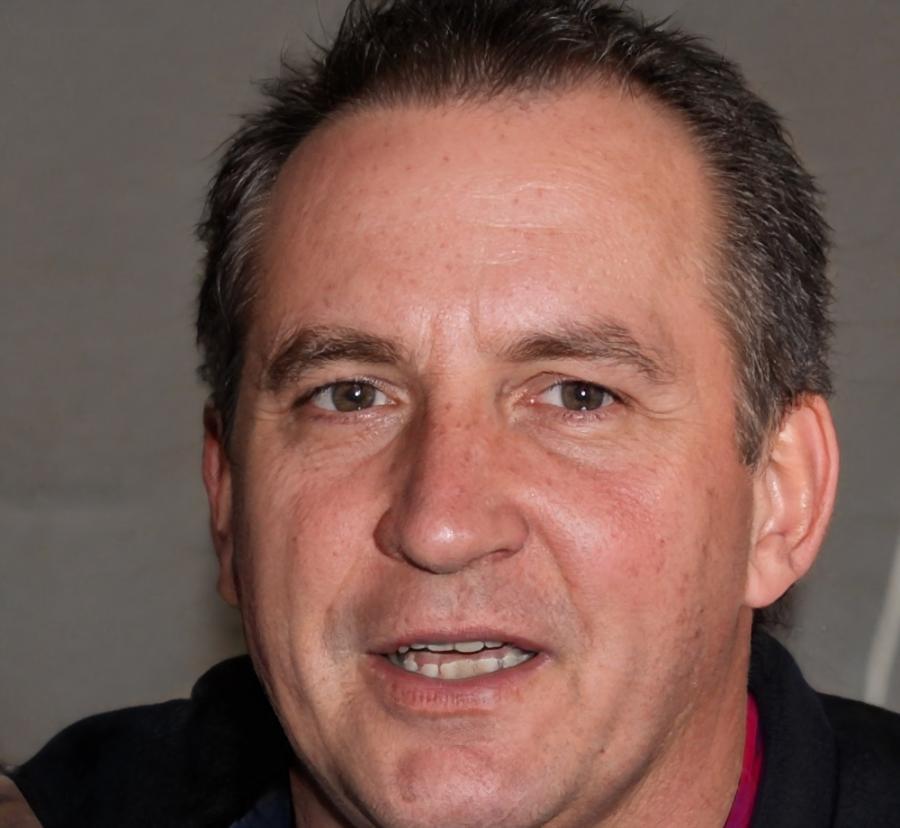Different Problems, Different Solutions
Most companies don't need the same fix. They need someone to actually look at what's happening in their specific situation. These four examples show how that works in practice.
Northern Exports Ltd
Import/Export • Chiang Rai
"Our seasonal cash flow was unpredictable. We'd run low during slower months, then scramble when orders picked up."
We mapped their actual payment cycles against inventory costs over 18 months. Turned out they were ordering based on guesses, not data. Built them a simple tracking system that showed when money would actually move. Nothing fancy—just visibility they didn't have before.
Bangkok Retail Group
Retail Chain • 12 Locations
"Three of our stores were consistently underperforming, but we couldn't figure out why."
Spent time comparing their transaction data across all locations. The struggling stores had different customer patterns—shorter visits, smaller baskets. Product mix didn't match the neighborhood demographics. We helped them adjust inventory based on what people in those specific areas actually bought.
Family Manufacturing Co
Production • Ayutthaya
"We knew costs were rising, but couldn't pinpoint where the money was going."
Analyzed their cost breakdown line by line. Found they were losing money on certain order sizes—small batches cost almost as much to produce as larger ones, but they charged the same rate. We showed them the actual numbers. They adjusted pricing structure for different order volumes.
Digital Services Thailand
Tech Services • Bangkok
"We were growing fast but barely profitable. More clients didn't mean more money."
Looked at how they allocated resources to different service tiers. Their premium clients got the same attention as basic packages. Team time wasn't matched to revenue. We helped them see which services actually generated profit and which just consumed hours.
Following One Company Through Change
Regional Foods Distribution came to us in late 2024. They'd been in business for eight years, serving restaurants across northern Thailand. Business was steady, but the owner felt stuck. Revenue hadn't grown in three years, and he couldn't figure out why.
We didn't come in with a predetermined solution. Instead, we spent time understanding their actual operations. What we found surprised them—and honestly, surprised us too.
Discovery Phase
Analyzed three years of transaction data and interviewed their delivery team. Found that 40% of their routes were unprofitable when factoring in actual fuel costs and time.
Pattern Recognition
Their most profitable customers weren't the biggest restaurants—they were mid-sized places that ordered consistently and clustered geographically. Large accounts often meant scattered deliveries.
Strategy Adjustment
Helped them redesign route planning and adjust minimum order requirements based on location. Some changes felt uncomfortable at first, but the math was clear.
Results Tracking
By April 2025, their delivery efficiency improved significantly. They serve fewer total locations but maintain better margins. Revenue is similar, but profit tells a different story.

Project Duration
Cost Reduction
Implementation
What Actually Happened
We asked Kieran to talk about working with us. This is what he said—unedited.

Kieran Whitmore
Operations Director
Regional Foods Distribution
I'll be honest—I was skeptical. We'd tried consultants before. They'd come in, tell us obvious stuff, then leave us with a binder nobody read.
This was different. The team actually spent time with our drivers, looked at real delivery logs, and asked questions that made me uncomfortable. When they showed us the route analysis, I was surprised. We'd been losing money on accounts we thought were our best customers. It wasn't bad business practices—we just didn't have visibility into the actual costs. They helped us build a simple tracking system and showed us how to read it. Six months later, we're operating more efficiently than we have in years. Not because they told us what to do, but because they helped us see what was really happening.
What Changed in Practice
Numbers tell part of the story. But what really matters is whether a business can make better decisions going forward.

Six-Month Outcomes
Operational Efficiency
Better Visibility
They now track real costs per delivery route, not estimates. Makes planning decisions clearer.
Decision Making
Data-Informed
New accounts get evaluated based on actual profitability factors before commitment.
Team Confidence
More Independent
Their operations manager now runs monthly reviews without external help. That was the goal.
Business Stability
Improved Margins
Not about getting huge—about building a sustainable model they understand.
Want to See What's Actually Happening in Your Business?
We don't promise overnight changes or guaranteed outcomes. What we do is look at your actual numbers, help you understand what they're telling you, and work with you to make informed decisions. If that sounds useful, let's talk.
Start a Conversation